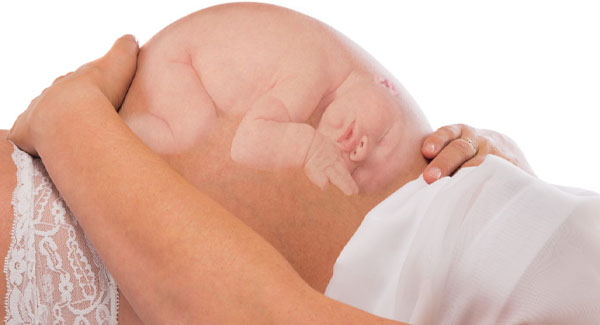What will the baby’s appearance be like? Is it going to be a boy or a girl? A pregnant woman’s natural interest in her soon-to-be-born child is understandable. These kinds of questions can occasionally be answered with the aid of ultrasound. However, there are situations when an expectant woman seeks to communicate with the fetus inside her. Wouldn’t it be great if the baby could respond as well? While it may not be feasible until after labor, recognizing your baby’s manner of communicating with you – through kicks – is conceivable. These kicks are like a code that tells you how far you’ve progressed through your pregnancy milestones. And if you understand what they mean, you’ll love ‘talking’ to your kid in this manner. Here are 10 things the baby’s kicks are saying about the pregnancy:
- The Baby’s Health
Have you ever heard the phrase “alive and kicking”? That’s what your baby’s kicks are all about. If your kid is kicking around like a soccer player, it just indicates that he or she is growing and active, both of which are indicators of excellent health.
- The Taste Of Your Food

When you ate something hot, how many times did your baby give you a harsh jerk? This is due to the fact that most newborns detest spicy foods. However, if you eat something and your kid starts bouncing about enthusiastically at the same time, the meal you just ate is probably fantastic and tasty. It’s as though your infant is begging for more!
- The Size Of Your Baby
Your baby was only a curled-up bundle until he or she began to kick. This is why physicians usually take your baby’s measurements from head to rump. However, it merely means that your kid will begin to increase in size and will be measured from head to toe from now on.
- Your Baby Is Listening To You

And you thought you were conversing with your stomach the whole time! By week 18, a baby’s ears are starting to poke out on the sides, and his or her hearing is improving. If you’ve been chatting to your baby around this stage and he or she has kicked back, it signifies your kid can now genuinely listen to you.
- Onset Of Your Second Trimester
Between weeks 16 and 25, your baby should begin kicking for the first time. This kick, which feels more like a flutter, may fool you into thinking it’s gas. These flutter-like kicks signify the start of your second trimester, however, they may take a few weeks to turn into full-fledged kicks.
- A Dist.ress Call

Generally, doctors advise expecting moms to keep track of their baby’s kicks. If the baby’s kicks suddenly stop, it’s a manner of the infant communicating with the mother that something is wrong. As if it were a dist.ress signal. It’s time to see your doctor right away.
- The Third Trimester
During the second trimester, your baby’s kicks were frequent yet fluttery, but during the third trimester, they become much more intense. They’re also more common. By laying a touch on your tummy at this point, your spouse and relatives may be able to detect your baby’s movements.
- The Baby Can See

Your baby kicks and moves when you place a spotlight on your tummy. Your baby’s pupils will alter the size in reaction to light by week 33. This signifies that your baby can now see the light.
- An Awake Baby
By week 25, your kid will have figured out how to sleep and will be spending more time in REM (Rapid Eye Movement) sleep. Obviously, your kid will not kick at this period. And anytime he or she does, it means your baby has awakened!
- It Is Not Always A Kick

Not every movement is a kick. If you notice sluggish, rhythmic kicks that linger more than 30 seconds, your baby is most likely having hiccups. Similarly, newborns that are still young and have the adequate capacity within the amniotic sac may spin or do somersaults.
You now understand the many meanings of your baby’s kicks. We’re confident that keeping track of them is now more exciting than ever. So, while keeping an eye out for those kick-counts, enjoy connecting with your kid in this unique way!


